Exploring Natural and Whole Food Alternatives to Sports Nutrition Products
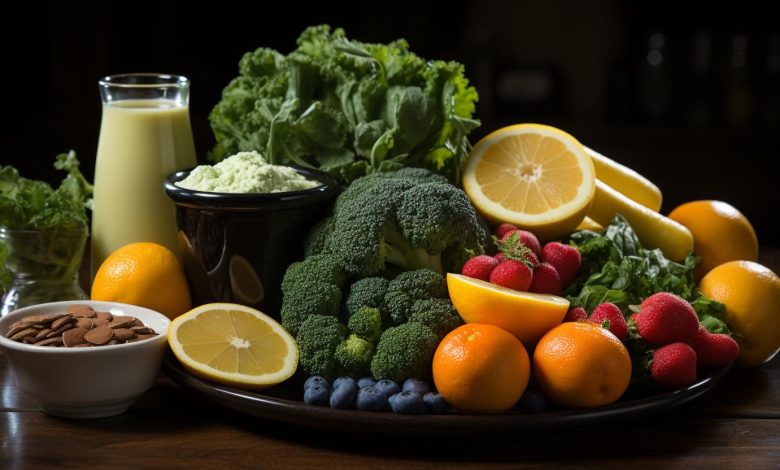
Are you tired of relying on processed sports nutrition products that leave you feeling empty and unsatisfied?
It’s time to explore a world of natural and whole food alternatives that can take your athletic performance to the next level.
In this article, we will guide you through the benefits of incorporating nutrient-rich superfoods into your diet, discovering the power of whole foods for recovery, and navigating the realm of natural sports nutrition.
Get ready to fuel your body with real, nourishing ingredients that will make you feel like a true champion.
The Benefits of Natural and Whole Food Options for Athletes
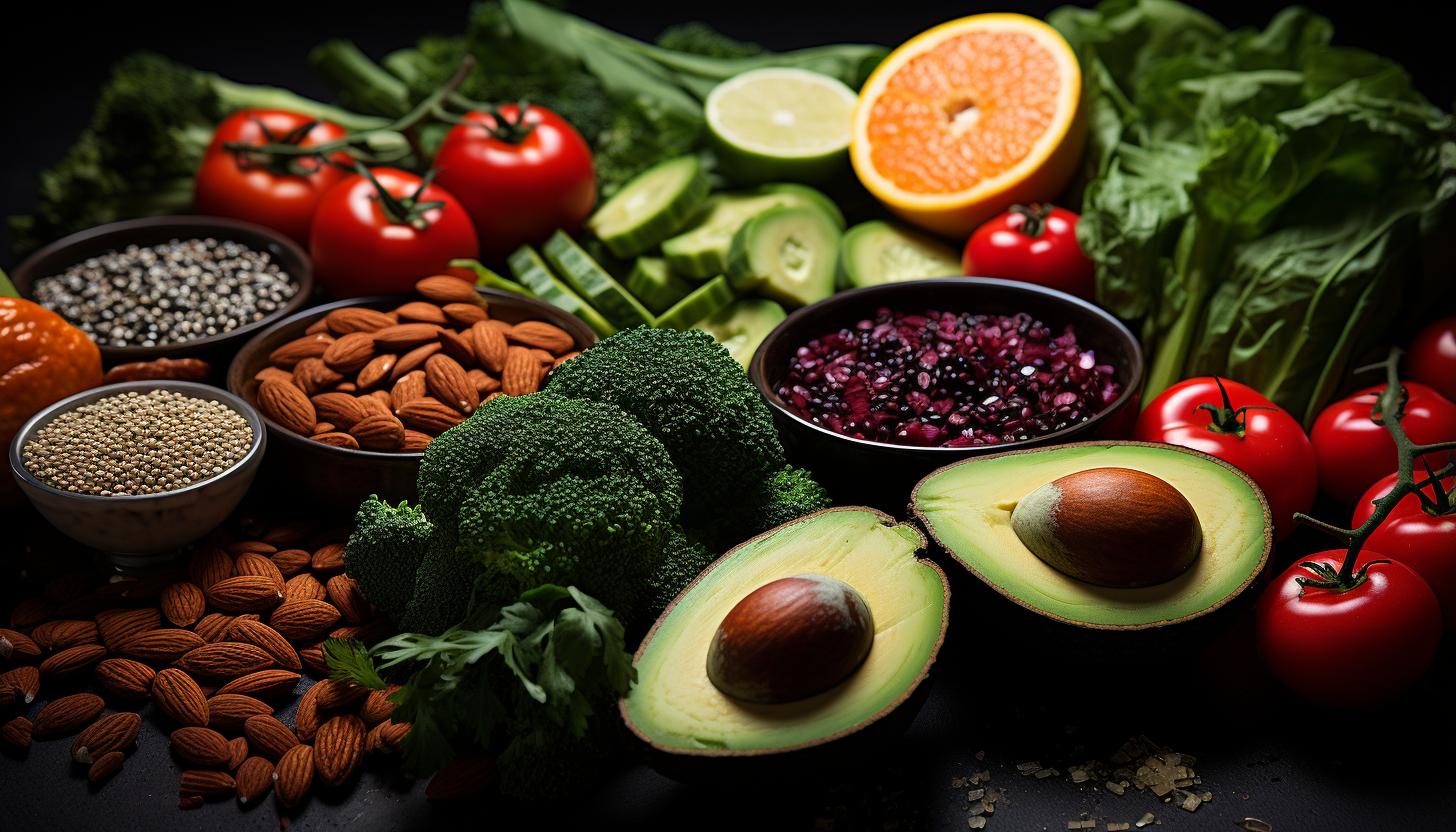
There’s a lot of evidence showing that natural and whole food options can provide numerous benefits for athletes. When it comes to protein sources, plant-based options like legumes, nuts, and seeds can be just as effective in supporting muscle growth and repair as animal-based proteins. In fact, research suggests that plant-based protein sources may have additional advantages such as higher fiber content and lower saturated fat levels.
Incorporating antioxidant-rich foods into your diet is also essential for enhancing athletic performance. Antioxidants help combat oxidative stress caused by intense physical activity, which can lead to inflammation and cell damage. Fruits like berries, cherries, and citrus fruits are excellent sources of antioxidants. Vegetables such as spinach, kale, and broccoli are also packed with these beneficial compounds.
Studies have shown that athletes who consume natural and whole food options tend to have better overall health outcomes compared to those who rely heavily on sports nutrition products. Whole foods provide a wide range of nutrients in their natural forms, including vitamins, minerals, fiber, and phytochemicals that work synergistically to support optimal performance.
Exploring Nutrient-Rich Alternatives to Sports Nutrition Supplements
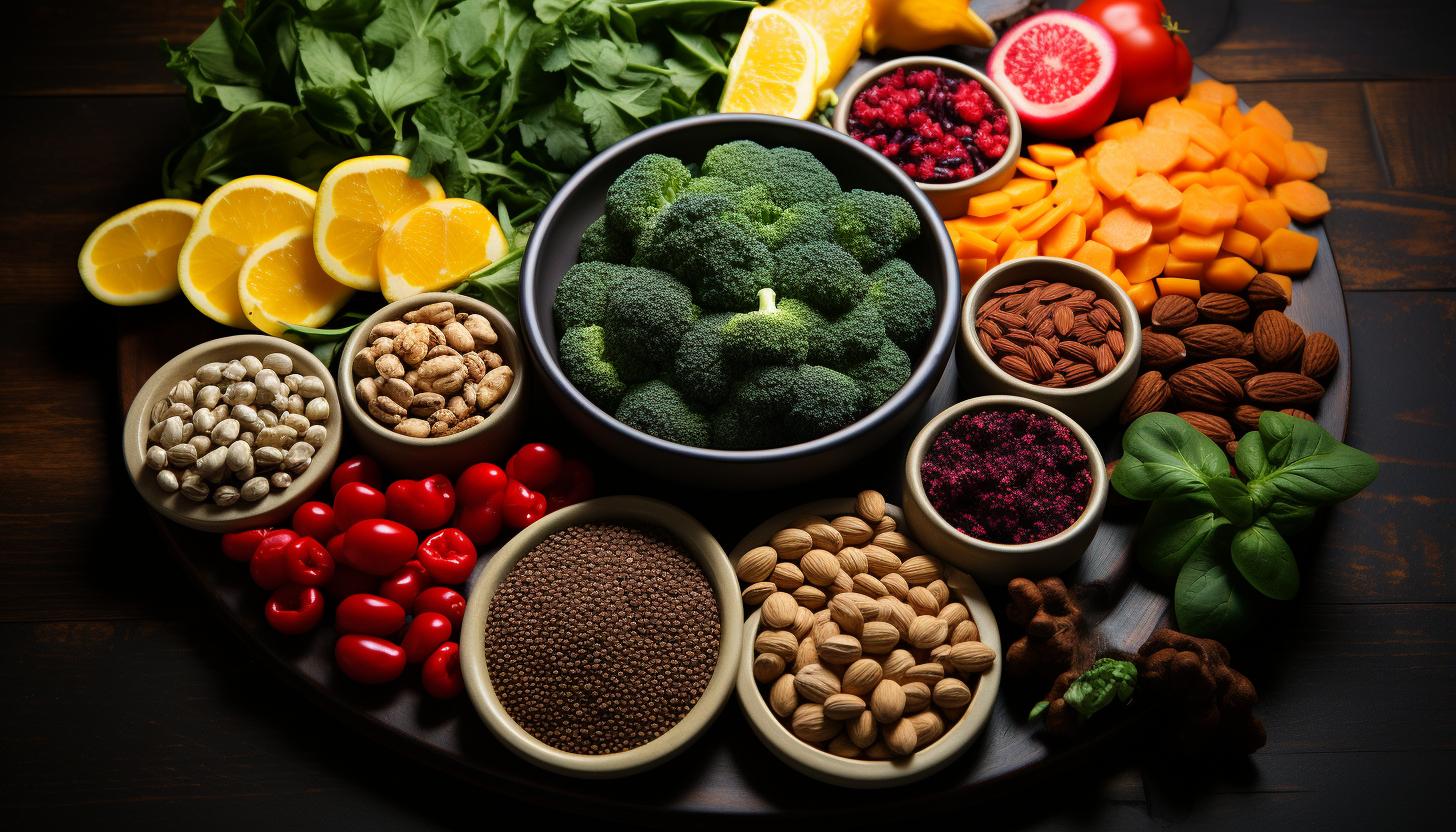
I’m currently researching nutrient-rich options as substitutes for supplements commonly used in sports nutrition. As an athlete, it’s important to fuel your body with the right nutrients to optimize performance and recovery. Instead of relying solely on supplements, consider incorporating these natural alternatives into your diet:
– Nutrient-packed smoothie recipes: Start your day with a delicious smoothie packed with fruits, vegetables, and protein-rich ingredients. Blend together spinach, banana, almond milk, and a scoop of plant-based protein powder for a nutrient-dense start to your day.
– Plant-based protein sources: Swap out traditional whey protein powders for plant-based alternatives like pea or hemp protein. These options not only provide essential amino acids but also offer additional benefits such as fiber and antioxidants.
– Nuts and seeds: Incorporate a variety of nuts and seeds into your meals or snacks. They are rich in healthy fats, vitamins, minerals, and proteins that can support muscle growth and repair.
– Quinoa: This ancient grain is a complete protein source containing all nine essential amino acids. It’s also high in fiber and packed with vitamins and minerals.
– Greek yogurt: Opt for Greek yogurt instead of sugary flavored yogurts. It’s an excellent source of protein while providing beneficial probiotics for gut health.
Incorporating Superfoods Into Your Sports Performance Diet
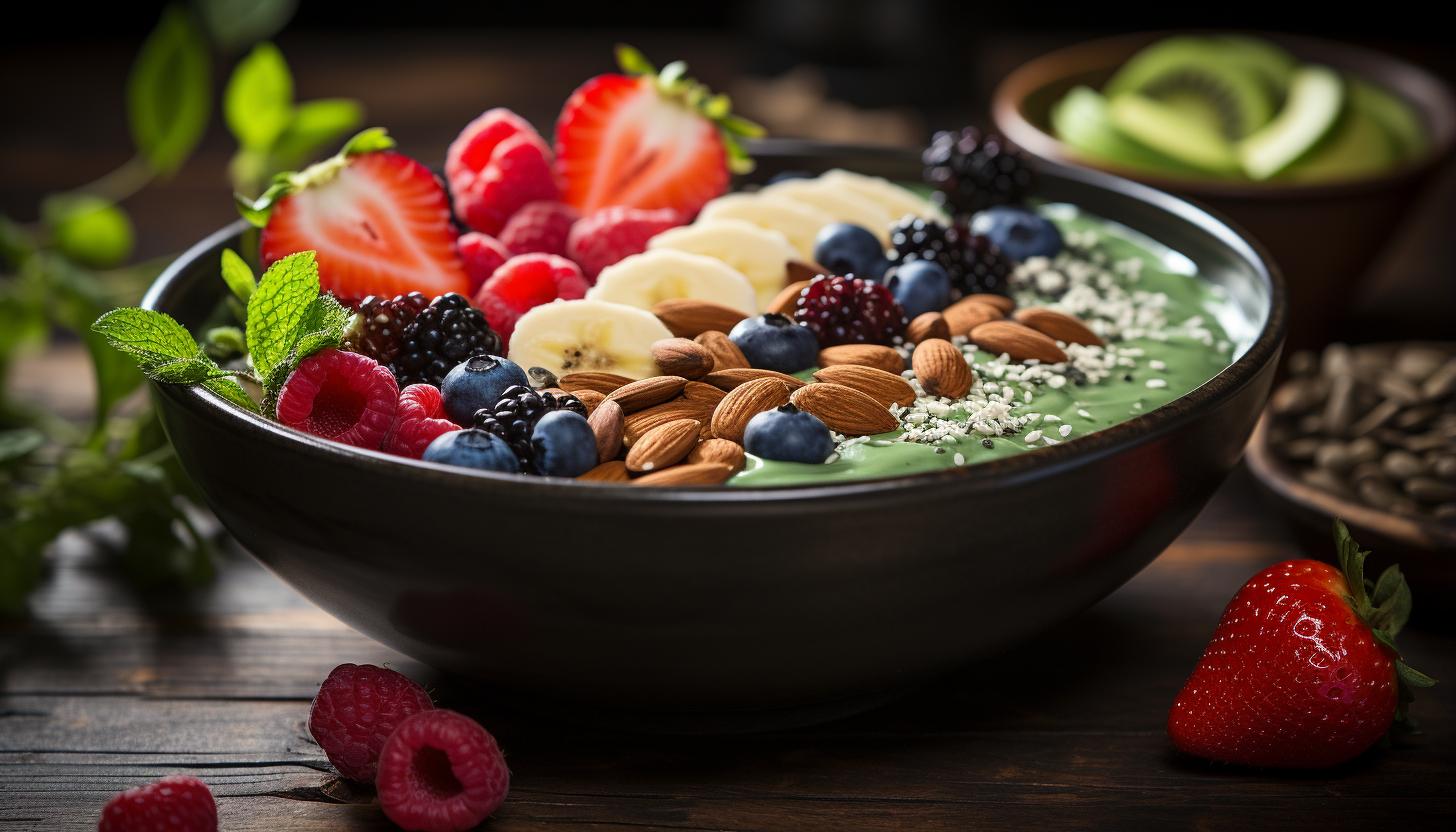
Incorporate nutrient-rich superfoods like chia seeds and kale into your sports performance diet to boost your energy levels and support optimal athletic performance. Superfoods are packed with essential nutrients that can give you the edge you need during your workouts.
For pre-workout fuel, try a delicious smoothie recipe with chia seeds, spinach, banana, and almond milk. Chia seeds are an excellent source of omega-3 fatty acids and fiber, which can help sustain energy levels throughout your workout. Additionally, kale is a powerhouse vegetable that contains high levels of vitamins A, C, K, and minerals such as calcium and iron. Including kale in your meals can enhance endurance performance by improving oxygen delivery to muscles.
Superfood recipes for pre-workout fuel include incorporating ingredients such as berries (rich in antioxidants), oats (providing sustained energy), Greek yogurt (packed with protein), and honey (a natural sweetener). These recipes not only taste great but also provide the necessary nutrients to fuel your body before intense physical activity.
Discovering the Power of Whole Foods for Athletic Recovery
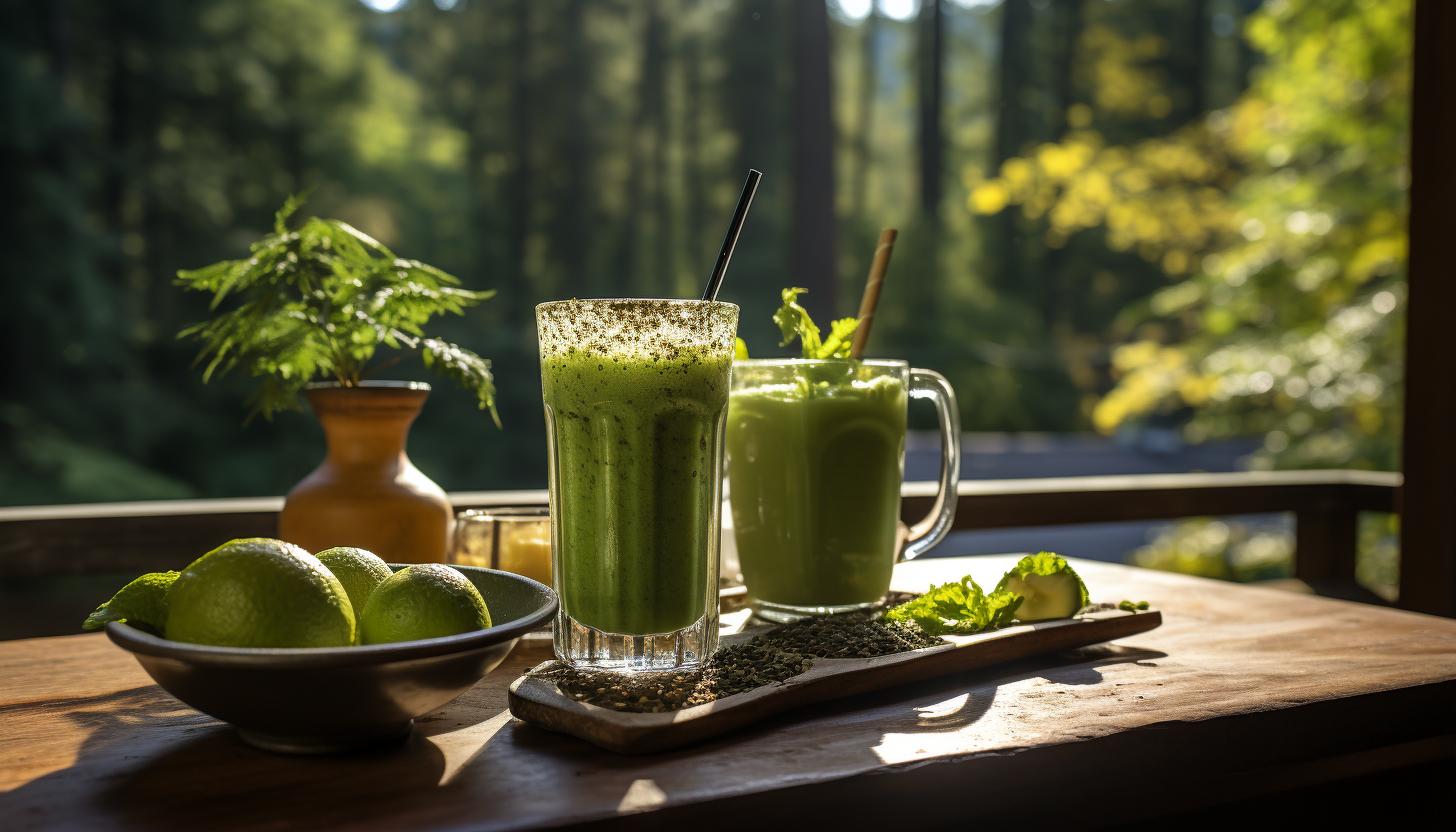
To optimize your athletic recovery, focus on replenishing your body with nutrient-dense meals that promote healing and reduce inflammation. By incorporating whole foods into your diet, you can provide your body with the necessary nutrients to repair and recover after intense physical activity.
Here are some tips for meal planning and whole food recipes that can aid in your athletic recovery:
– Quinoa Salad: This grain is packed with protein, fiber, and essential amino acids, making it a great option for muscle repair.
– Salmon with Sweet Potato: Salmon is rich in omega-3 fatty acids, which have anti-inflammatory properties. Pair it with sweet potatoes for a balanced meal that supports recovery.
– Smoothies: Blend together fruits like berries or bananas with spinach or kale to create a nutrient-packed smoothie. Adding a scoop of protein powder can further enhance muscle recovery.
– Greek Yogurt Parfait: Greek yogurt is high in protein and provides probiotics for gut health. Layer it with fruits and nuts for added vitamins and minerals.
– Chicken Stir-Fry: Load up on vegetables like broccoli, bell peppers, and carrots along with lean chicken breast for a satisfying meal that aids in reducing inflammation.
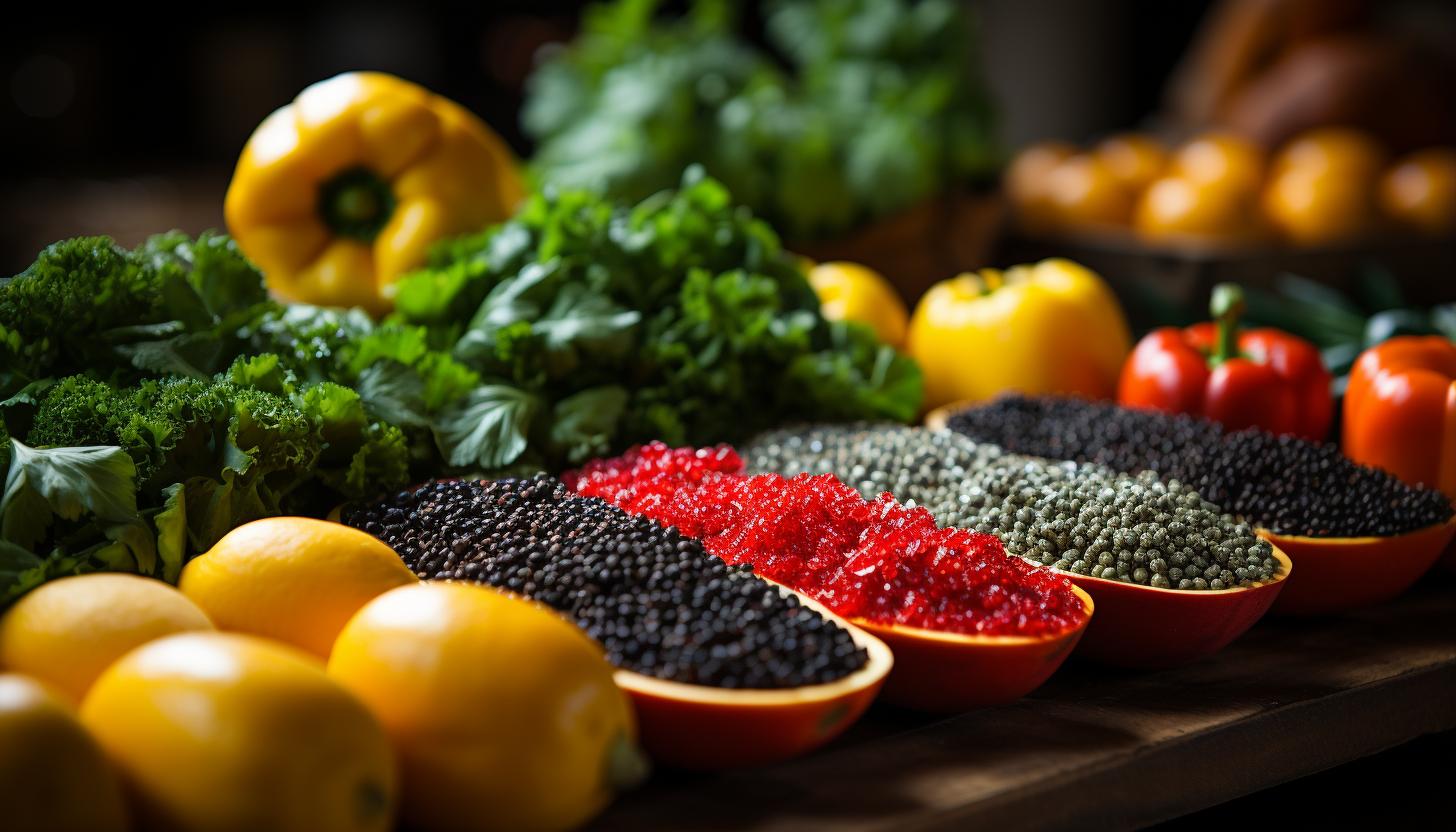
Navigating the world of sports nutrition can be easier with some tips and tricks to help you make informed choices. When it comes to exploring organic supplements, it’s important to understand that not all products labeled ‘organic’ are created equal. Look for certifications from reputable organizations like the USDA or NSF International, which ensure that the product meets strict standards. These supplements can provide a range of benefits, such as improved recovery, enhanced performance, and increased nutrient intake.
Finding sustainable fuel sources is another key aspect of natural sports nutrition. Instead of relying solely on processed energy bars or drinks, consider incorporating whole foods into your training routine. Fresh fruits like bananas and dates can provide a quick burst of natural sugars, while nuts and seeds offer a healthy dose of fats and proteins. Opting for whole grains like quinoa or brown rice can also provide sustained energy throughout your workout.
Additionally, don’t forget about hydration! Water should always be your primary beverage choice during exercise, but coconut water or homemade electrolyte drinks can offer additional hydration support without artificial additives.
Conclusion
Congratulations on completing your journey of exploring natural and whole food alternatives to sports nutrition products!
By embracing nutrient-rich options and incorporating superfoods into your diet, you have unlocked the power of whole foods for athletic recovery.
Armed with tips and tricks for navigating the world of natural sports nutrition, you are now equipped to make informed choices that will optimize your performance.
Remember, the path to greatness lies in embracing nature’s bountiful offerings, so keep exploring and pushing the boundaries of what is possible!






